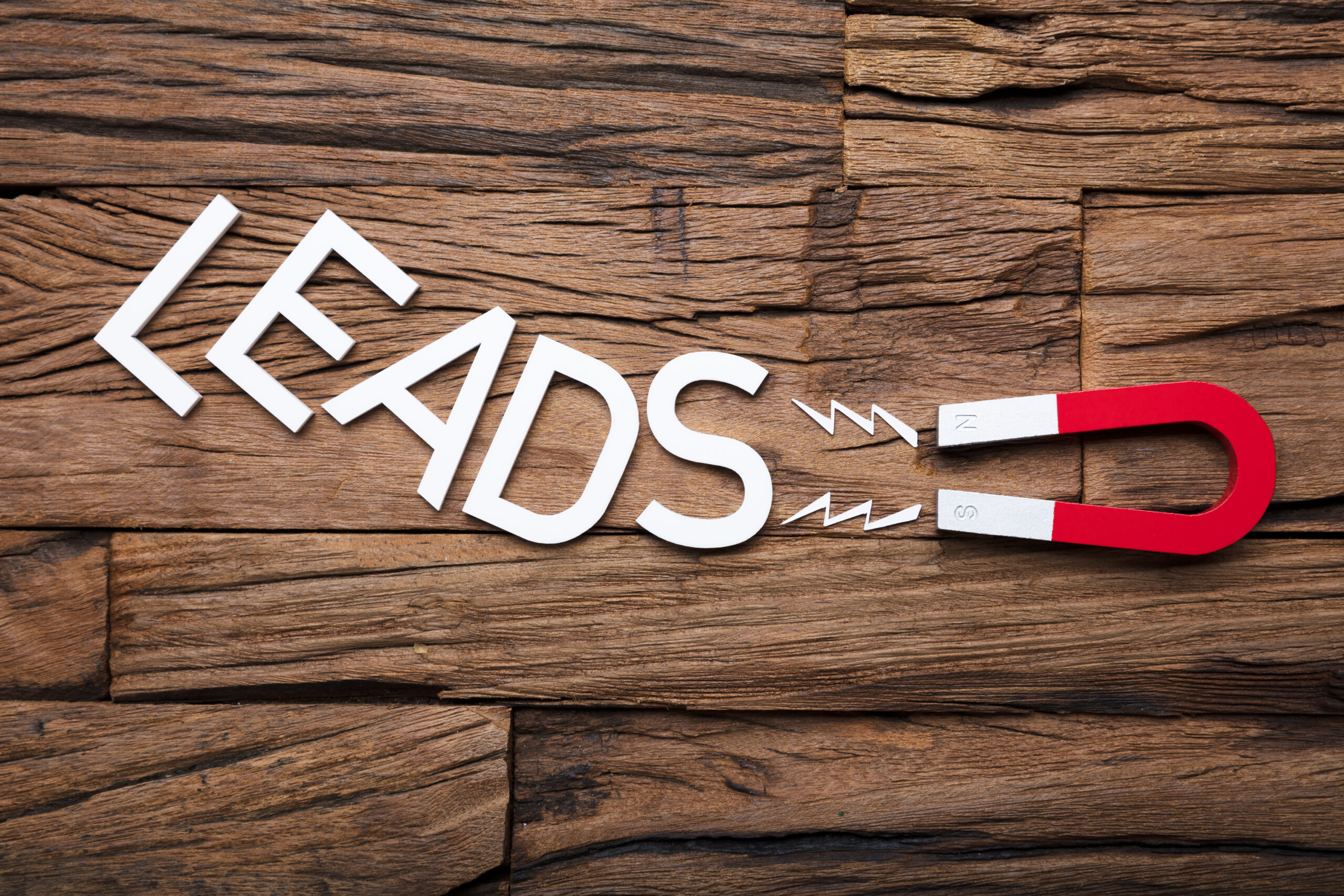SQL vs. MQL: Analyzing Lead Quality and Sales Readiness
Marketing-qualified leads (MQLs) and sales-qualified leads (SQLs) are two stages in the lead qualification process, representing different levels of readiness and engagement in the buyer’s journey.
MQLs eventually lead to a SAL, or a sales-accepted lead, which begins the sales process. But while both SQls and MQLs are two stages in the process, they have several key differences, particularly regarding lead quality and sales readiness.
Let’s begin by defining both before we get into the key differences.
Marketing-Qualified Leads
Potential customers who have demonstrated a certain level of interest in your goods or services based on their interactions with your marketing efforts are known as marketing qualified leads (MQLs).
MQLs must still be prepared entirely before making a purchase. Nevertheless, they display traits that imply they might be worthwhile leads to cultivate and possibly turn into paying customers.
Their level of engagement, compatibility with your ideal customer profile, and the actions they have taken in line with where they are in the buying process are the usual criteria used to evaluate them.
Additionally, the marketing team usually nurtures them by sending them automated email campaigns with helpful content that speaks to their interests and problems.
MQL nurturing aims to advance leads through the sales funnel, inform them of your offerings, and prepare them for potential interactions with sales representatives.
The following are the main traits and features of marketing qualified leads:
- Engagement
- Interest Indicators
- Fit with Ideal Customer Profile (ICP)
- Lead Scoring
- Education and Nurturing
- Preparation for Sales Handoff
- Segmentation
- Scalability
Remember that the exact criteria and processes for designating MQLs can vary depending on your industry, business model, and the nature of your products or services.
Collaborating between the marketing and sales teams is essential to nurture MQLs and move them into the sales funnel once they demonstrate buying intent.
Sales-Qualified Leads
Sales-qualified leads (SQLs) are prospective customers assessed and found to be more likely to purchase.
These leads are prepared for direct sales engagement because they have advanced further down the sales funnel and have satisfied specific criteria.
SQLs have demonstrated a higher level of buying intent and a better fit with the company’s goods or services than MQLs have.
Although the criteria for identifying sales-qualified leads can differ from business to business, they typically include several elements, including:
- Budget
- Authority
- Need
- Timeline
- Fit with Ideal Customer Profile (ICP)
- Engagement
- Demographic and Firmographic Data
- Behavioral Triggers
SQLs vs. MQLs – Lead Quality And Sales Readiness
Lead quality and sales readiness differ significantly between MQLs and SQLs. Here is a comparison of how they differ in each of these areas.
Lead Quality For SQLs
For SQLs, the lead quality is typically better. These leads have undergone a thorough evaluation by the sales team and have satisfied requirements indicating they are prepared to purchase.
SQLs have shown a more precise alignment with the company’s offerings and a stronger buying intent. They satisfy requirements like having a budget, having the power to make decisions, and need the good or service.
Lead Quality For MQLs
Although MQLs initially expressed interest in and engagement with the brand, the quality of their leads may vary more than that of SQLs.
Even though some MQLs may be in the preliminary stages of research and exploration and are demonstrating interest, they must still satisfy all requirements before engaging in direct sales.
Sales Readiness For SQLs
SQLs are ready for sale. They have met particular requirements that show they are prepared to communicate with the sales team and continue the purchasing process.
When dealing with SQLs, sales teams can concentrate on fostering relationships, attending to particular needs, and closing deals.
Sales Readiness For MQLs
MQLs must still be completely sales-ready. Although they have shown interest, they might need more encouragement and training before they are prepared to interact with the sales team.
Marketing initiatives frequently create MQLs to provide relevant content and information to support their decision-making.
SQLs are typically higher quality and more prepared to interact with the sales team regarding lead readiness and sales readiness. They satisfy particular requirements that show they have the desire and intent to buy.
On the other hand, MQLs are leads that have already demonstrated some level of interest and engagement. However, they might need more care and instruction before being transferred to the sales team for in-person interaction.
Lead qualification processes such as SQLs and MQLs are crucial because they let businesses focus on leads more likely to convert while nurturing leads while still considering their options.
Marketing and sales teams must work together effectively to ensure a smooth transition from MQL to SQL and a successful conversion.

